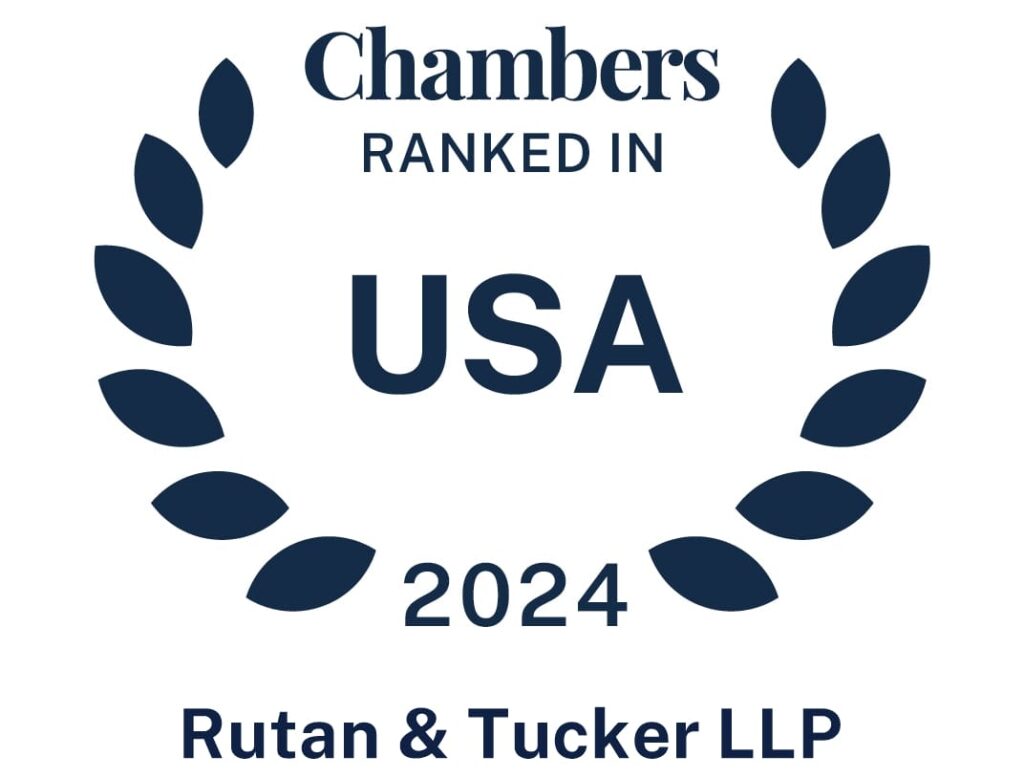The simple answer to this question is Yes. In today’s age of original thinking and creative and intuitive marketing, having sound Intellectual Property and the proper protection for that Intellectual Property is tantamount to the success of any business venture. In such a competitive and rapidly changing technology market, the safeguarding of product development, source identity and unique concepts along with the retention of a viable advantage should be an important concern for any business, whether it may be a new start up company or a larger well-established company. Many companies already understand the important role that Intellectual Property plays in protecting ideas from third parties that would choose to misappropriate novel concepts instead of spending their own resources on developing independent and new technology models. However, Intellectual Property may also be instrumental in helping your business develop good relationships with business associates, suppliers, customers, and most importantly, investors. Prospective investors look at businesses that have the appropriate business plan that minimizes the risk associated with investing in a company. In order to convince potential investors that your company is worth the investment risk, your business should present a high-quality good or service which may not be currently available in the marketplace and/or improves on the current market choices. Additionally, your business plan may want to show investors that you have taken the appropriate steps to preserve and protect your ideas from competitors that may wish to enter the market after seeing your product. Additionally, investors may want to ensure that your product does not rely or tread on another company’s proprietary Intellectual Property including patents, trademarks, copyrights and other potential Intellectual Property. It is important to make certain that your concept is not already covered by another’s Intellectual Property. This can be done by performing a search of existing Intellectual Property rights. The search may help preserve your business venture and hopefully avoid costly litigation. In certain high technology industries, including computer hardware, software, pharmaceuticals, bio-technology and e-commerce, the risk of infringement may be particularly high and many investors may want to see that the appropriate steps have been taken to protect your market exclusivity by way of federally registered patents, copyrights and trademarks. How can Intellectual Property be incorporated in your Business Plan? 1. Identify a good or service which is unique to your company and one which puts your company in a distinct position within the marketplace. This can include things such as exceptional functionality, extraordinary services, confidential and proprietary information, product names, trade names, domain names, aesthetic designs and inimitable products. 2. Match the goods and/or services with the appropriate Intellectual Property protection. This may include utility patents that cover the functionality of a concept; design patents that cover the ornamental characteristics of an idea; trademarks that identify the source of the goods/services and distinguish them from other products; trade dress that identifies the overall appearance of the goods; copyrights that protect the creative expression; and/or trade secrets which protect proprietary and private information you do not want your competitors to know (think McDonalds® special sauce or Coca Cola’s formulation for Coke®). 3. Protect your Intellectual Property as soon as possible. It is always a good business plan to protect your Intellectual Property before you contact potential investors or interested parties. Many Intellectual Property rights have short timelines for garnering protection, and missing the opportunity to protect an idea may have huge monetary implications in the future. For example, your business has only one (1) year from first disclosure of a concept to file a patent with the United States Patent and Trademark Office. If that date is missed, your competitors may be able to adopt your idea and use it without permission. Additionally, many investors like to see that ideas have been protected prior to meeting with them. Protected Intellectual Property gives the impression of almost guaranteed market exclusivity in your business concepts. 4. List the Intellectual Property in your Business Plan. Corporate investors like to see a schedule of the Intellectual Property that your company may hold. Intellectual Property is like any other real property, it has value. This value may induce investors to supply capital to your company as tangible assets are evident. Intellectual Property is a valuable commodity to any business and should be a key part of your Business Plan. A Business Plan should include both tangible assets and potential and protected Intellectual Property as the latter is increasingly the key to successful companies in today’s high technology and particularly competitive markets.



